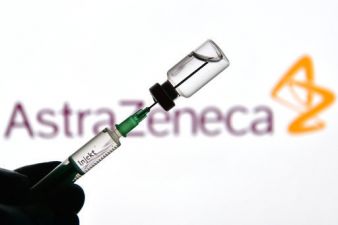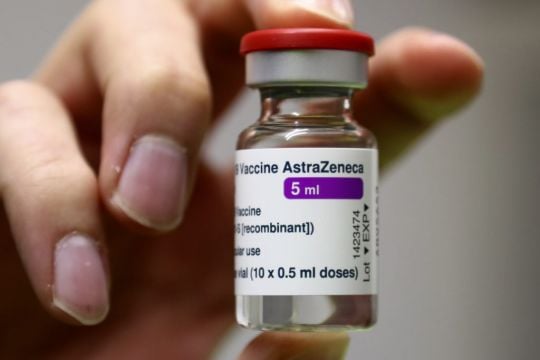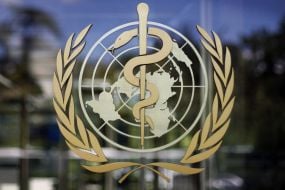European countries should make their own decisions about how to handle the risk of rare blood clots from AstraZeneca's Covid-19 vaccine, based on prevailing infection rates and the availability of alternative vaccines, the European Union's drugs regulator said on Wednesday.
Several countries in Europe have announced restrictions on the use of the AstraZeneca vaccine in younger people after a link was found to very rare blood clots, mostly in women under 60 years of age within two weeks of vaccination.
The European Medicines Agency (EMA) has held back from issuing guidelines, saying countries would have to assess the balance of risks themselves based on local conditions that vary widely across the bloc.
"We try to provide as much information as possible on the benefits and the risks we have identified, and based on that and the pandemic situation in a member state - the infection rate, the availability of different vaccines - the different member states can take different decisions on who to vaccinate," EMA Executive Director Emer Cooke told a briefing.
Ms Cooke said the risk of dying from Covid-19 was "much greater" than the risk of mortality from rare side effects.
"It is very important that we use the vaccines we have to try and beat this pandemic," she said.
Side effects
Sabine Straus, chair of the EMA's safety committee, said side effects were not unexpected as vaccines were rolled out on a large scale.
The EMA has received reports of 169 cases of a rare brain blood clot known as cerebral venous sinus thrombosis (CVST), as of April 4th, Ms Straus said.
The reports follow 34 million doses of the shot administered in the European Economic Area.
There have also been three cases of blood clots with low platelets after the use of the Johnson & Johnson shot, Peter Arlett, head of data analytics and methods task force, said.
Experts told Reuters it was too early to say whether these events were connected to the vaccine.
On Wednesday, a review by the European Medicines Agency’s (EMA) safety committee concluded that “unusual blood clots with low blood platelets should be listed as very rare side effects” of the Oxford/AstraZeneca vaccine.
EU vaccination plans
EU health ministers have been told the EMA's decision on the safety of the AstraZeneca vaccine is expected to have an immediate impact on vaccination plans and to require a coordinated response, a letter seen by Reuters showed.
The letter was sent by the Portuguese presidency of the EU on Tuesday to invite health ministers to an extraordinary virtual meeting on Wednesday, to be held immediately after the EMA's announcement.

"We expect this announcement will have a direct and immediate impact not only on our national vaccination plans, but also in our citizens' trust in vaccines against Covid-19," the letter says.
"Harmonisation at an EU level will be essential to stop the spread of misinformation," it adds.
Meanwhile, the UK has decided that due to a very small number of blood clots in younger people linked to the AstraZeneca vaccine, those under the age of 30 will be offered vaccines from Pfizer or Moderna instead.







